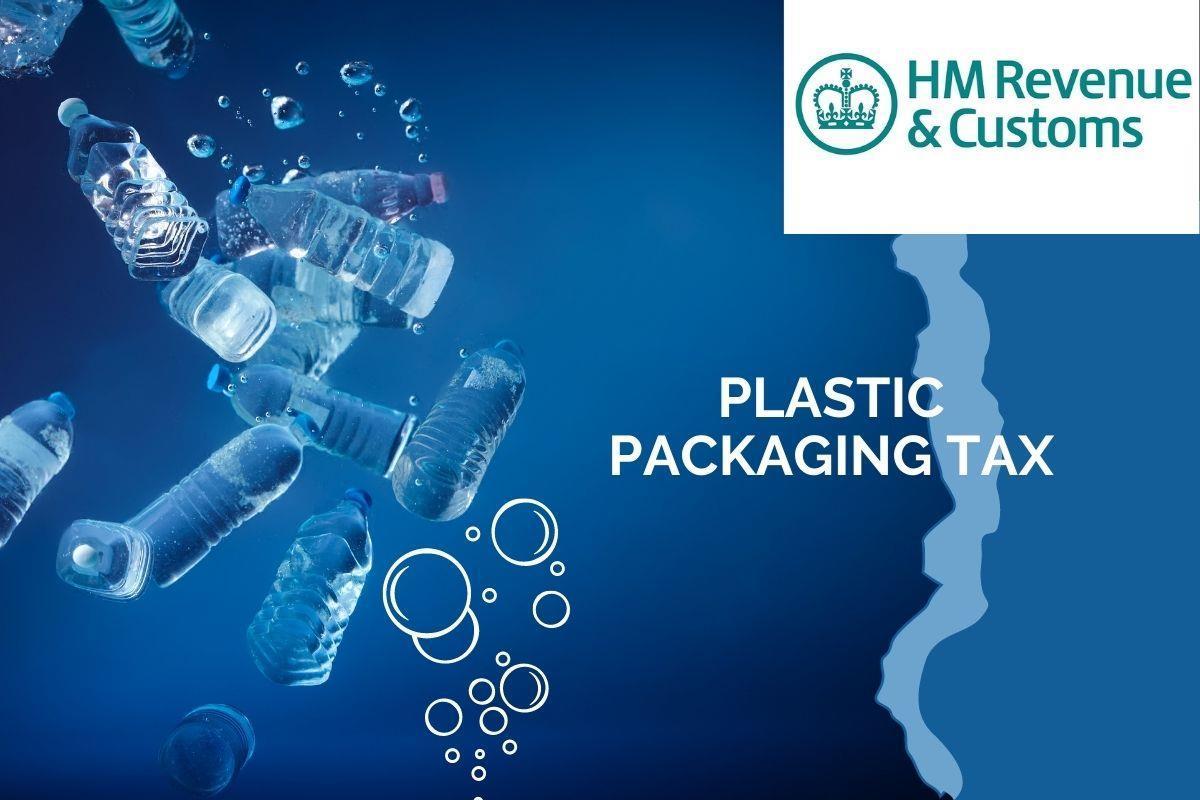Plastic packaging tax legislation

Due to the anticipated customer type including the nature of the industries involved, this is more likely to affect customers using:
- Sage 200
- Sage Intacct
- Sage 1000
- Sage X3
Sage is currently working in conjunction with HMRC to provide information and guidance on this. The Sage Compliance Help Centre will be updated with all of Sage supporting material over the coming weeks.
In the meantime check out this blog by Keir Thomas-Bryant, small business and accountants expert, for everything you need to know
Plastic Packaging tax: What businesses need to know about the new legislation
The plastic packaging tax is a flagship government scheme and a key part of its environmental and sustainability planning. It imposes a tax on the manufacture or import of plastic packaging with less than 30% recycled content.
For packaging comprising mixed components (such as cardboard and plastic), if the weight of the plastic constituent is higher than the other components then the packaging falls within the scope of the tax. Plastic packaging with 30% or more recycled content isn’t affected (with the same constituent proviso above).
If the tax applies, it’s charged at £200 per metric tonne of packaging. The business must register ahead of time, and a special tax return must be filed.
Businesses are encouraged to make it clear if the plastic packaging tax applies. At the very least, you should include a statement about the tax with invoices, showing it’s been paid (however, although this requirement was due to come into effect on 1 April 2022, it’s been delayed).
The tax is applied quarterly. It’s paid by the manufacturer or importer, and isn’t charged to customers like VAT (although manufacturers and importers can, of course, increase their prices to cover the cost).
Any other taxes remain chargeable on the goods, such as VAT. Exported packaging is not subject to the tax, and deferment, credits or reliefs can be applied. If your customer subsequently exports the packaging then these also apply, and you can claim retrospectively.
When does the new legislation start?
The new legislation is set to begin 1 April 2022. It’s only plastic packaging that’s manufactured or imported on or after this date that should be included in any de minimis or subsequent tax calculations.
The tax returns are quarterly, which is to say they cover four accounting periods each year. These are:
- 1 April to 30 June
- 1 July to 30 September
- 1 October to 31 December
- 1 January to 31 March.
It isn’t possible to choose your own accounting periods. Tax returns and payments must be submitted by the last working day of the month following the end of each accounting period above. So, the first tax return and payment for impacted businesses will be due by the end of July 2022.
There is a time limit of two years from the manufacture or import of the packaging in which you can claim for it.
Is my business affected by the plastic packaging tax?
If you manufacture or import packaging under 10 tonnes in weight across a 12 month rolling period, the tax won’t apply.
10 metric tonnes per 12 month period is a de minimis threshold. A business can manufacture or import up to 10 metric tonnes of taxable plastic packaging in that 12 month period before the tax should be applied in the following quarter.
The government provides the example of a business manufacturing four tonnes of taxable plastic packaging on a monthly basis. Following 1 April they manufacture four tonnes, another four tonnes in May, following by a further four tonnes in June. Having now passed the de minimis threshold, because they’ve manufactured 12 tonnes since the 1 April commencement date, they must register for the tax by 30 June. They are liable for manufacturing or imports from 1 July.
How do I register for the plastic packaging tax?
To register for the plastic packaging tax on the HMRC website, you may need to provide the following details:
- Your business type
- Your businesses address and contact details
- The date your business became liable for plastic packaging tax
- An estimate of how much-finished plastic packaging you expect to manufacture or import in the next 12 months
- A customer reference number. This could be your Corporation Tax Unique Tax Reference (UTR), Self Assessment UTR (or National Insurance number), Company Reference number, or Charity Registration number.
Once registered, you'll be assigned a reference number that you should use in correspondence.
Records that you need to keep
Once registered for the tax, you’re required to keep the records for at least six years following the end of each accounting period.
In summary, the records are:
- Weight details of each plastic packaging component
- Details of the weight of plastic packaging exported, if applicable
- Evidence of recycled content, including how you’ve worked out the percentage of recycled plastic, its source, and what product lines the content is used with
- Evidence of why an exemption applies (e.g. packaging for medicine used for human medical products).
Notably, you should keep records even if you’re below the threshold. This is because the threshold is a rolling 12 month time period, so you could hit the limit and be liable to keep records and pay tax. All measurements for the tax should be in kilograms (kg).
What needs to be included on tax returns
The following information needs to be included on plastic packaging tax returns:The total weight of chargeable plastic packaging components manufactured in the UK in the relevant accounting period (e.g. the quarterly periods mentioned above).
- The total weight of finished plastic packaging components imported into the UK in the accounting period.
- The total weight of finished plastic packaging components not subject to the tax.
- The total weight of finished plastic packaging components manufactured or imported for use in the immediate packaging for licenced human medicines. This is because this kind of packaging is one of the exemptions.
- The total weight of chargeable plastic packaging components manufactured or imported in this accounting period, which have been exported directly by you during this accounting period and are due to be exported directly by you within the next 12 months.
- The total weight of any finished plastic packaging components that contain at least 30% recycled plastic content.
- The total value of taxed plastic packaging components for which a credit is being claimed (values should be listed in pound sterling).
- The total weight of plastic packaging components that are subject to the tax after deducting, which is to say:
- The total weight of finished plastic packaging components not subject to the tax.
- Deferral of the tax liability of packaging components intended for direct export.
- Tax credits claimed for the accounting period.Tax due for this period (again, listed in pound sterling).
- A declaration that all the information provided is true and correct.





